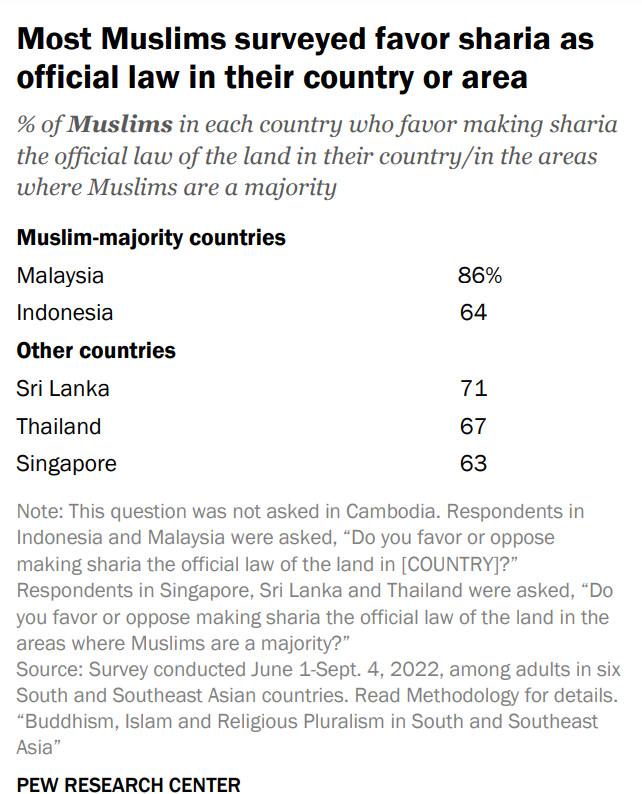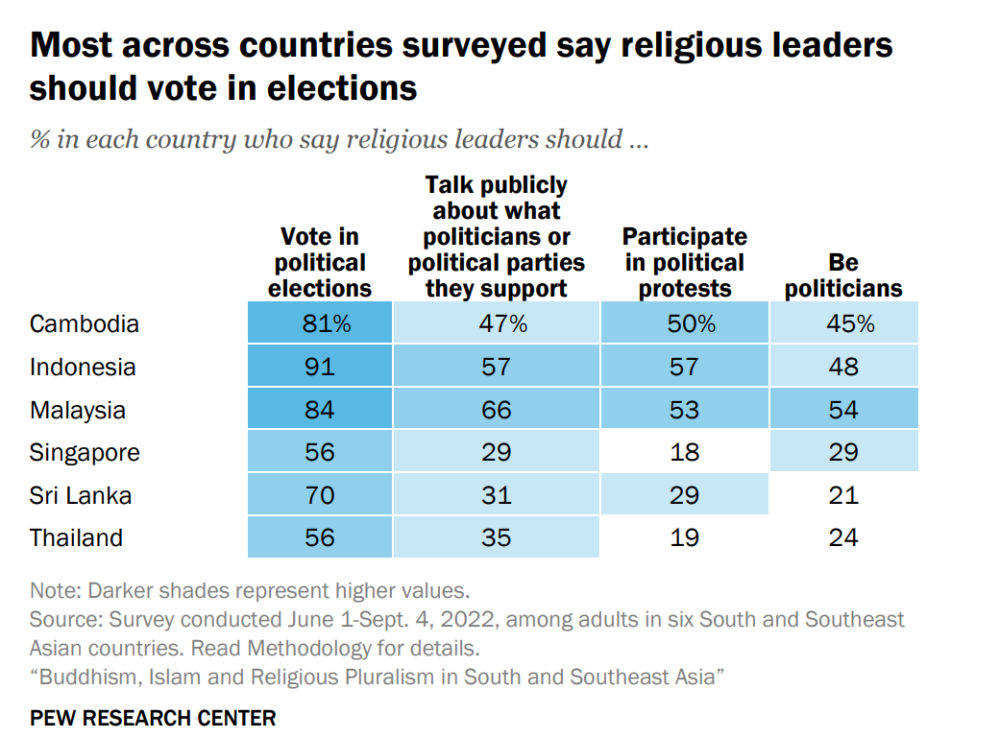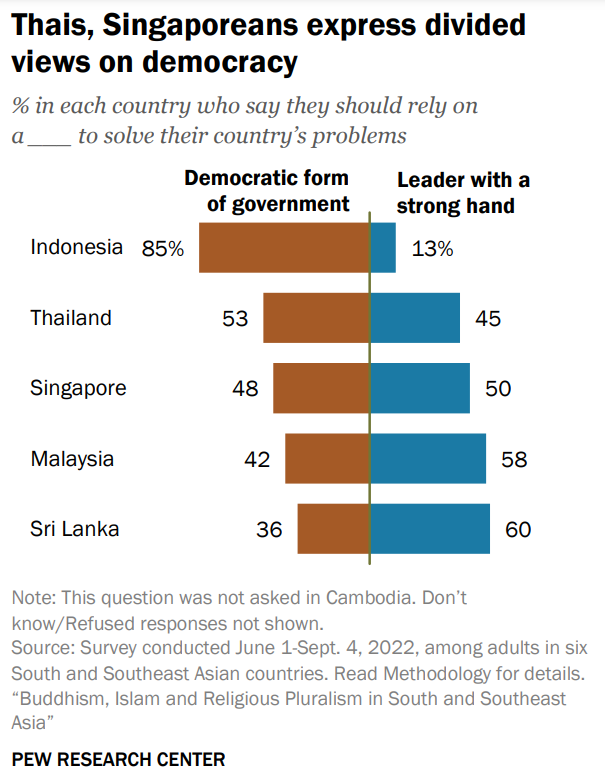KUALA LUMPUR, Sept 13 — A whopping 86 per cent of Malaysian Muslims polled recently are in support of making the Shariah code the "official law" here or in other countries where they are the majority.
A survey by the Pew Research Center involving Malaysia and five other countries in Asia found that in comparison, just 64 per cent of Muslims polled in Indonesia felt the same way.
In Malaysia, Islam is stated in the Federal Constitution's Article 3 to be the "religion of the federation". Each state also enacts state laws that are binding on all Muslims within the state on matters such as Islamic family law and Shariah offences.
The same report also found that most of the Buddhists surveyed supported basing laws on religious doctrine with 43 per cent of those in Malaysia backing such an "official law" where they are the majority.

It also found that Muslims in Malaysia who pray daily were "moderately more likely" compared to others to want to base their country's laws on religious teachings, with the same observation seen among Buddhists in Sri Lanka and Thailand who pray every day.
This finding indicated no change from a similar survey in April 2013 titled "The World’s Muslims: Religion, Politics and Society", where 86 per cent of Malaysian Muslims surveyed then had favoured "making Sharia law, or Islamic law, the official law of the land in our country".
Additionally, the survey also found that Malaysian respondents agreed with religious leaders actively participating in politics, with 58 per cent of Hindus and Muslims feeling so.
Muslims in Malaysia also topped the list in agreeing that religious leaders should join political protests (56 per cent) and "talk publicly about what politicians or political parties they support" (69 per cent).

"In general, adults who have received more education are less likely to say religious leaders should be politicians or talk publicly about what politicians or political parties they support," the report said.
"And people who are more religious — that is, those who say religion is very important in their lives — are slightly more inclined than others to believe that religious leaders should publicly support political parties or candidates."
Additionally, the survey found that more of the Malaysians polled preferred a leader with a strong hand to solve Malaysia's problems at 58 per cent, while 42 per cent preferred a democratic form of government.
The report said those with more education and who are younger than 35 years old prefer a democratic form of government, and 63 per cent of Malaysia's respondents said that those who disagree with the government's actions should be able to publicly criticise the government.
But at the same time, relatively more Malaysian respondents preferred harmony over the right to speak one's opinion at 54 per cent, while 45 per cent said people should be allowed to speak their opinions publicly even if they upset others.

The survey by the US-based non-partisan think tank was carried out in six countries in Asia from June 1 to September 4, 2022, for the report titled "Buddhism, Islam and Religious Pluralism in South and Southeast Asia", where 13,122 adults were interviewed.
In Malaysia, a total of 1,999 adults were polled through computer-assisted telephone interviewing using mobile phones from June 1 to August 9, 2022 in the languages of Chinese, English and Malay, with a margin of error of 3.0 percentage points.
Out of those, 75 per cent said they were Muslims, followed by Christians (10 per cent), Buddhists (7 per cent), Hindus (5 per cent), while 2 per cent said they have no religion, and 1 per cent said they are a follower of Chinese traditional religions (which includes Tao, Confucian, or Chinese local religions).
According to the latest census by the Department of Statistics in 2020, the population is comprised of 63.5 per cent Muslims, followed by Buddhists (18.7 per cent), Christians (9.1 per cent), Hindus (6.1 per cent), and others (2.7 per cent).






















